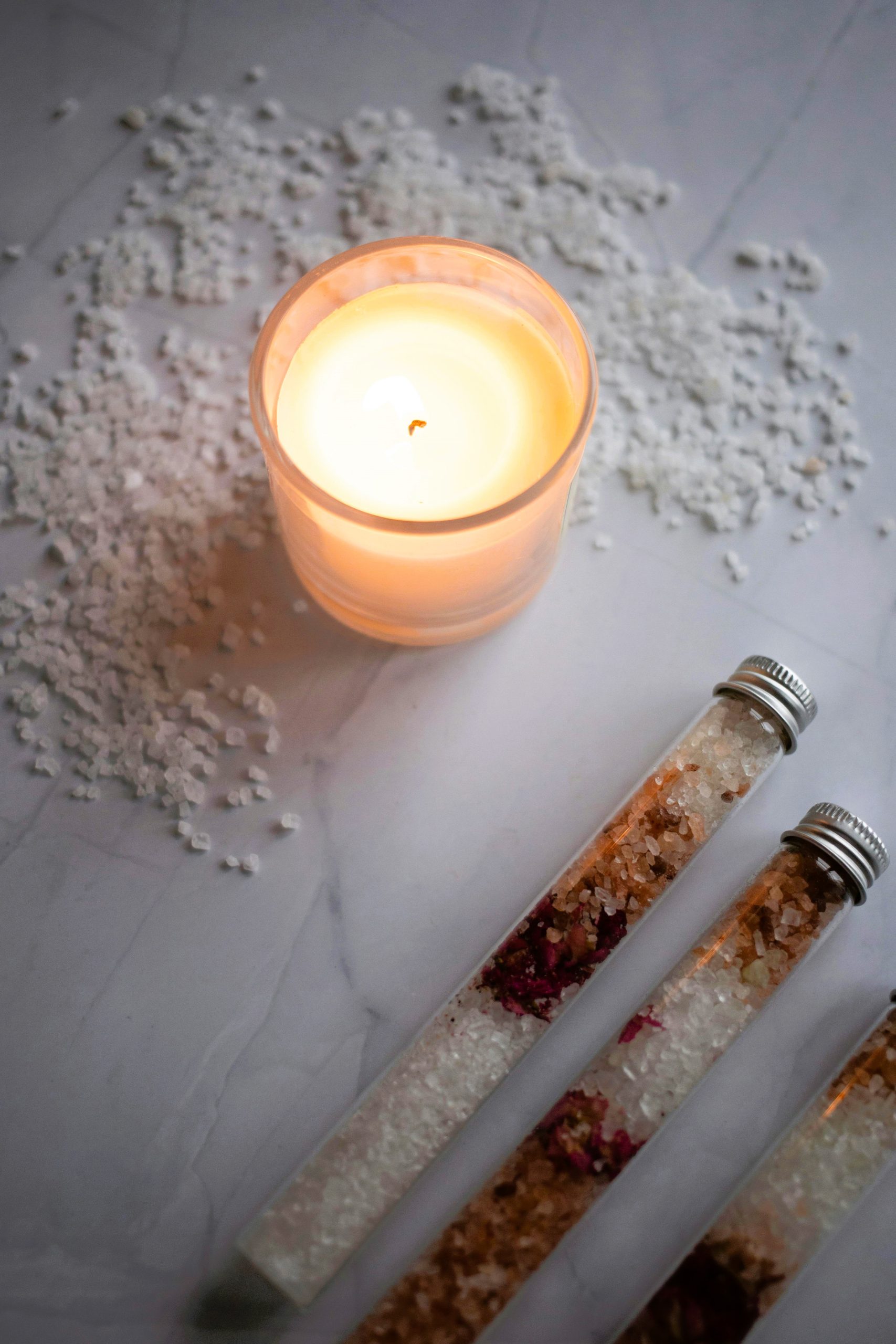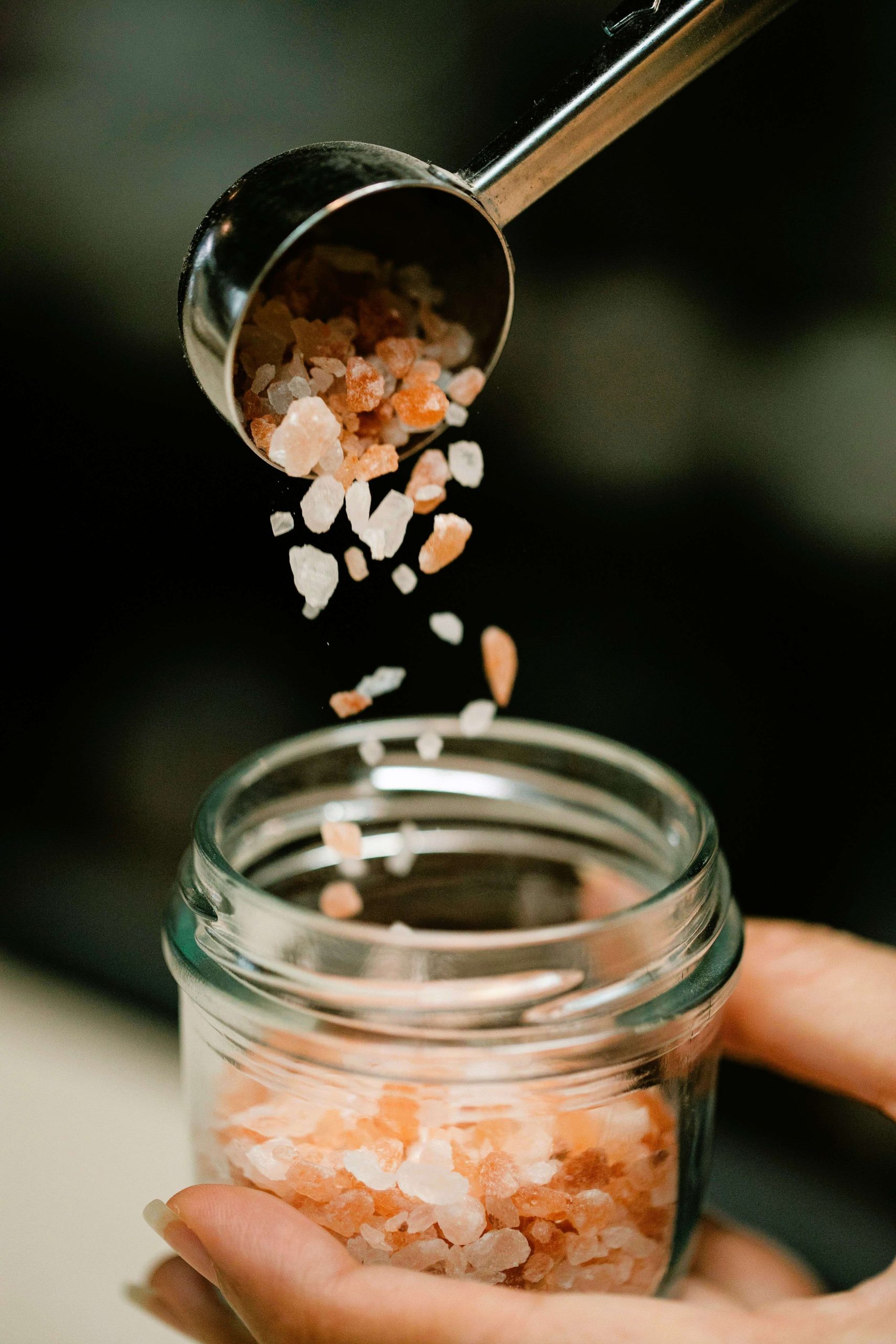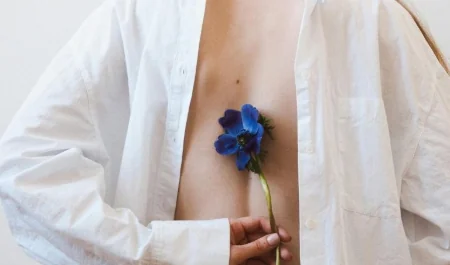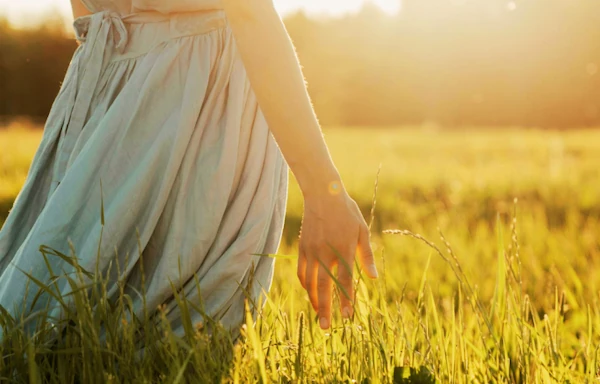Ayurvedic Hair Care Tips for All Doshas
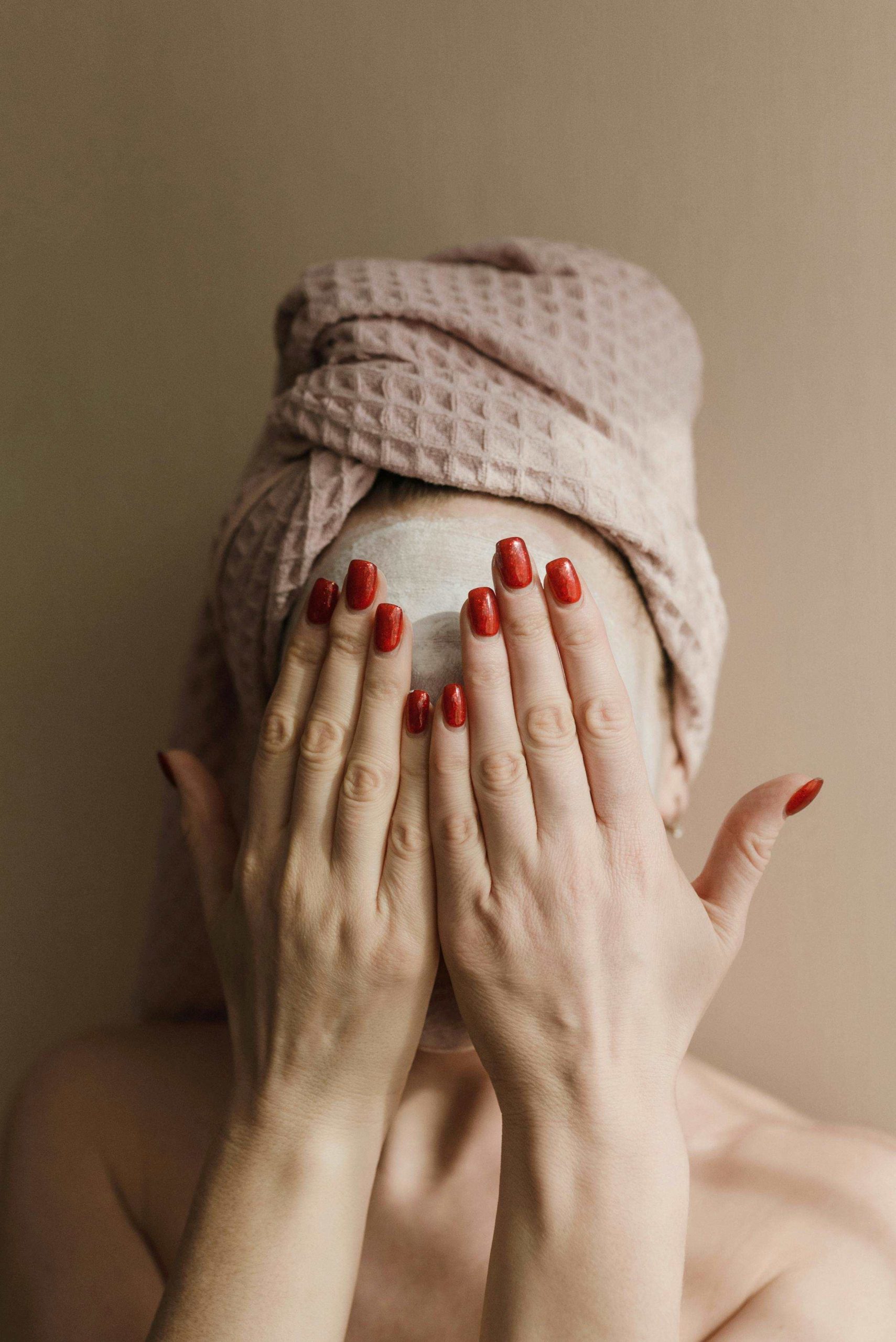
Ayurveda, the ancient science of life, offers a holistic approach to self-care, emphasizing balance and harmony. Our skin and hair reflect our physical and emotional wellness, and maintaining their beauty requires aligning with our unique constitution, or dosha: Vata, Pitta, and Kapha. Ayurveda personalizes the approach to mind-body balance based on the three doshas. Similarly, just as it customizes nutrition and exercise, we can also tailor our self-care and beauty routines by selecting specific products and herbs suited to each dosha.
Understanding planetary significations and your birth chart‘s specific influences can further enhance your beauty regimen. Mercury and Saturn, dominant for Vata, can contribute to drying skin and hair, as well as hormonal imbalances, especially under stress. Integrating nourishing oils and stress-relieving practices like yoga asanas and pranayama to reduce excess air element can help balance Vata. For Pitta, influenced by the Sun and Mars, inflammatory processes can result in skin pigmentation and redness. Cooling herbs and anti-inflammatory treatments are beneficial. Kapha, ruled by Venus and Jupiter, often enjoys great skin and hair quality but must balance sugar and fat intake and incorporate regular detoxification to maintain balance and radiance.
Ayurvedic Hair Care Guide
- Vata Dosha: Dry, prone to frizz and breakage, often lacking in volume and shine.
- Pitta Dosha: Fine, prone to premature greying or thinning, sensitive scalp.
- Kapha Dosha: Thick, lustrous, and often oily.

Vata Dosha Hair Care
- Oiling: Regular scalp massage with sesame oil or brahmi oil to nourish and strengthen hair.
- Shampooing: Use a gentle, hydrating shampoo with lavender or aloe vera.
- Herbs: Amla and Bhringraj promote hair growth and reduce dryness.
- Essential Oils: Rosemary stimulates the scalp and improves circulation.
- Vitamins: N-acetylcysteine (NAC) promotes hair growth, while Biotin and Vitamin B3 maintain hair health and prevent breakage.
Key Herbal Remedies for Vata Skin & Hair
- Amla (Indian Gooseberry): Strengthens hair and improves skin health.
- Bhringraj: Promotes hair growth and reduces dryness.
- Ashwagandha: Combats stress and nourishes both skin and hair.
- Brahmi: Hydrates and strengthens hair while soothing and moisturizing the skin.
- Aloe Vera: Deeply hydrates and nourishes, providing essential moisture.
- Hibiscus: Retains moisture in skin and hair.
- Gotu Kola: Promotes collagen production and improves skin elasticity and hydration.
- Neem: Combats dryness and improves scalp health.
- Calendula: Soothes dry skin and scalp.
- Fenugreek: Hydrates and conditions hair and skin, reducing brittleness.

Pitta Dosha Hair Care
- Oiling: Cooling oils like coconut oil or bhringraj oil to prevent hair fall and greying.
- Shampooing: Opt for a gentle, cooling shampoo with neem or mint.
- Herbs: Aloe vera and fenugreek soothe the scalp and promote healthy hair.
- Essential Oils: Ylang ylang, tea tree, and rosemary to strengthen the follicle and prevent dandruff.
- Vitamins: B5 helps maintain both hair health and natural pigment.
Key Herbal Remedies for Pitta Skin & Hair
- Aloe Vera: Soothes inflammation and hydrates the skin.
- Rose Water: Calms redness and irritation.
- Cucumber Extract: Hydrates and cools, reducing puffiness.
- Chamomile: Known for its anti-inflammatory and calming properties.
- Ivy: Stimulates hair growth.
- Lavender: Soothes and calms the skin.
- Sandalwood: Reduces inflammation and provides a cooling effect.
- Neem: Cools and detoxifies the skin, reducing acne and irritation.
Kapha Dosha Hair Care
- Oiling: Stimulating oils like mustard oil or eucalyptus oil to balance oil production.
- Shampooing: A deep-cleansing shampoo with caffeine or hedera helix to maintain growth.
- Herbs: Triphala and Guggulu for detoxification and balancing scalp oil.
- Essential Oils: Rosemary oil to stimulate the scalp and improve circulation.
- Vitamins: Omega-3s promote a healthier scalp and hair.
Key Herbal Remedies for Kapha Skin & Hair
Detoxification
- Turmeric: Anti-inflammatory and antioxidant properties cleanse the liver and purify the blood.
- Neem: Detoxifies the body, clears the skin, and improves liver function.
- Triphala: Supports digestion and detoxification.
- Burdock Root: Purifies the blood and supports skin health.
- Guduchi (Giloy): Enhances the immune system and detoxifies the liver and kidneys.
Hydration
- Aloe Vera: Deeply hydrates the body and skin.
- Coconut Water: Naturally hydrating, replenishes electrolytes and nutrients.
- Shatavari: Helps maintain moisture balance.
- Marshmallow Root: High in mucilage, helps retain moisture in the skin and digestive tract.
- Licorice Root: Soothes and hydrates, supporting overall moisture balance.
Incorporating these herbs into your daily routine through teas, tinctures, and cosmetics can help maintain a balanced system, promoting both detoxification and hydration for overall health and well-being.
The Gut Microbiome and Hormonal Connection: Enhancing Hair & Skin Health and Radiance
An often-overlooked aspect of beauty and well-being is the profound connection between our gut microbiome and hormonal health. The gut is home to trillions of microbes that play a crucial role in synthesizing and regulating neurotransmitters such as serotonin and dopamine, which are pivotal for mood, energy levels, and overall health. Serotonin, known as the “feel-good hormone,” is primarily produced in the gut and influences skin health, reducing conditions like inflammation and acne. Similarly, dopamine also has roots in gut health. Amino acids are essential in this interplay. By nurturing our gut health with a balanced diet rich in probiotics, prebiotics, and essential nutrients, we can support these hormonal pathways, leading also to radiant skin and hair.
Ayurveda emphasizes the importance of gut health for overall wellness, including the health of the skin and hair.
Incorporating Ayurvedic principles into your natural beauty regimen can be transformative, especially when it comes to hair care. Ayurvedic hair care emphasizes balance and nourishment, addressing the root cause of hair issues rather than just the symptoms.
Regular scalp massages with warm herbal oils, such as bhringraj, amla, or coconut oil, not only strengthen hair follicles but also improve circulation, promoting healthy hair growth. Using natural cleansers like reetha (soapnut) and shikakai gently cleanses the scalp without stripping it of its natural oils, leaving your hair soft and shiny. Herbal rinses infused with neem, hibiscus, or fenugreek seeds can further enhance hair vitality, while Ayurvedic dietary practices, rich in antioxidants and nutrients, support hair health from within.
Additionally, incorporating stress-relief practices like meditation and pranayama can help manage stress-related hair problems, such as thinning or graying. By aligning your hair care routine with Ayurvedic wisdom, you nurture not just your hair, but your overall well-being, achieving a natural, healthy glow that radiates from the inside out. Embrace these time-tested practices to unlock the secrets of beautiful, resilient hair and a holistic approach to beauty.
